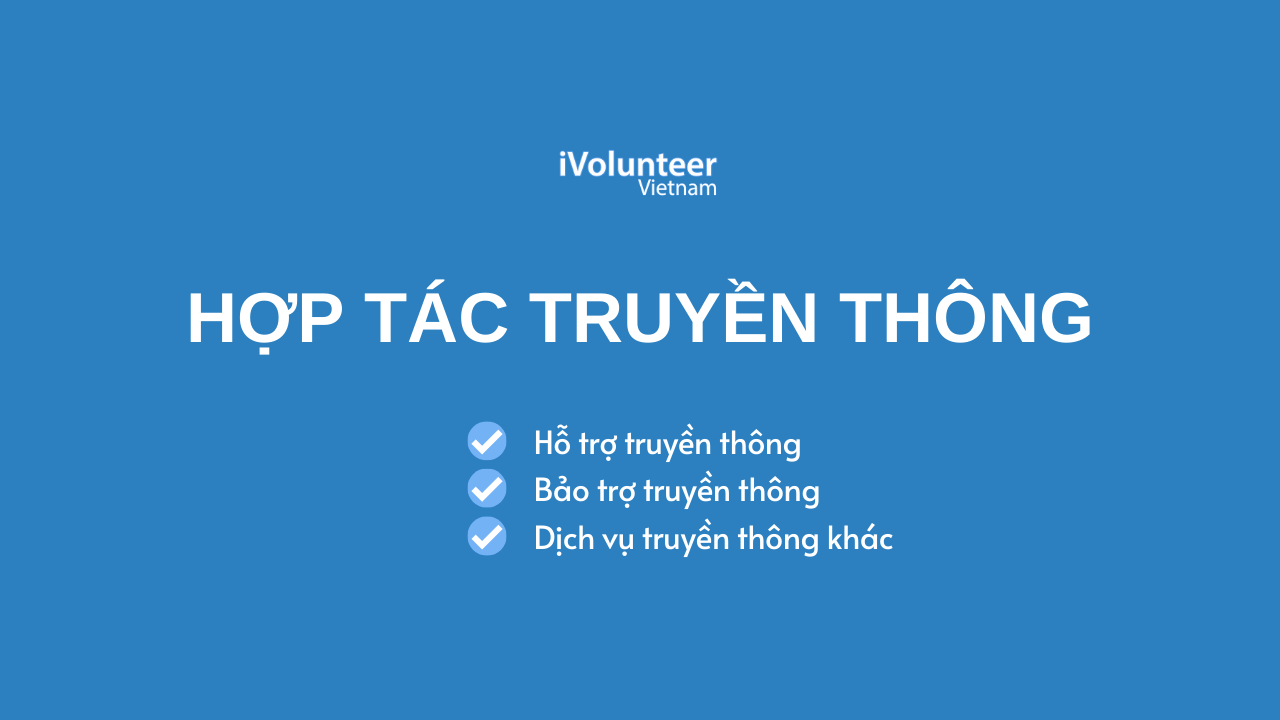5 Tips Cải Thiện Bài Luận Của Bạn
 [English caption below]
[English caption below]
Việc đạt đến số lượng từ rất quan trọng, và thật khó để bỏ một vài luận điểm vì điều đó có nghĩa là cần phải thêm các luận điểm mới. Nhưng nếu bài luận được cải thiện và lập luận được chứng minh tốt hơn, thì bạn hãy nên bỏ.
Rất ít bài luận đủ tốt trong lần đầu tiên thực hiện và sẽ yêu cầu đọc qua nhiều lần và có thể có nhiều bản nháp. Thông thường, khi viết, bạn không thể nhìn thấy những sai sót trong bài luận. Bỏ một chút thời gian, sau đó đọc lại tất cả sẽ giúp bạn tìm được những điểm cần sửa mà trước đó bạn không nhận ra.
![]() 5. Nhận phản hồi
5. Nhận phản hồi
Bạn cũng cần có nhiều góc nhìn bên ngoài để đánh giá bài luận của bạn. Đó là lý do tại sao mọi ấn phẩm khi xuất bản đều cần có một biên tập. Khi bạn đề nghị giáo viên /giảng viên hoặc bạn của bạn đóng góp ý kiến cho một bài luận có thể khá đáng sợ, nhưng những ý kiến của họ sẽ giúp bài luận của bạn trở nên tốt hơn thay vì bạn tự đánh giá.
![]() Tạo ra các bài luận hay, bất kể chủ đề nào, là một kỹ năng giống như bất kỳ kỹ năng nào khác và nó có thể được cải thiện theo thời gian. Tất cả những gì bạn cần là dành thời gian luyện tập để cải thiện kỹ năng viết bài luận của bạn. Hy vọng những tips trên sẽ giúp được bạn.
Tạo ra các bài luận hay, bất kể chủ đề nào, là một kỹ năng giống như bất kỳ kỹ năng nào khác và nó có thể được cải thiện theo thời gian. Tất cả những gì bạn cần là dành thời gian luyện tập để cải thiện kỹ năng viết bài luận của bạn. Hy vọng những tips trên sẽ giúp được bạn.
————————————————-
![]() Writing isn’t everyone’s strong suit, but practice makes perfect when it comes to refining those essay-writing skills. Essays require a certain format and style. However, various best practices can be beneficial if someone wants to improve their essay writing skills.
Writing isn’t everyone’s strong suit, but practice makes perfect when it comes to refining those essay-writing skills. Essays require a certain format and style. However, various best practices can be beneficial if someone wants to improve their essay writing skills.
Knowing what works and practicing the right techniques can go a long way towards crafting better essays, whether for tests or assignments.
![]() 1. Create a mind map and build an outline first
1. Create a mind map and build an outline first
No exceptional essay gets written without having a solid plan in place first. Few (if any) writers can start writing and finish a well-structured story or argument with zero planning. The first step is to start researching the topic to understand its scope and specifics.
Use that information to create a mind map of all the important parts to hit on. If the essay has any specific requirements, then be sure to include those points too. Then, use the mind map to create an outline for the essay, which should be structured to support the argument being made. But more on that later.
![]() 2. Use the active voice
2. Use the active voice
Stick to the active voice when writing an essay as it describes the subject in clear terms. It’s also easier to read than the passive voice. The active voice conveys a sense of confidence and authority on the topic, perfect for more formal academic writing. The passive voice, on the other hand, is often used for crafting creative prose that follows a more lyrical or mysterious undertone. It’s not exactly fitting for academia unless it’s for a story-based language essay.
![]() 3. Stick to the correct structure
3. Stick to the correct structure
When writing an essay, always keep the main argument in mind as this is what each segment is meant to support. Sometimes, a teacher or curriculum will provide a pre-made structure that the essay has to follow, which is great. In the absence of that, some structural rules apply to almost every academic essay.
Always start with a thesis statement that describes the argument and provides information on what the essay will be about. After that, start with an introduction and continue with paragraphs divided into segments as necessary to illustrate different points of the argument. End it with a solid conclusion that wraps up the main idea and the essay’s points.
![]() 4. Don’t be afraid of cutting parts
4. Don’t be afraid of cutting parts
Yes, reaching that word count matters, and it’s painful to cut big chunks of a thesis because that means new parts need to be added. But if it means the flow improves and the argument is better substantiated, then cut away.
Few essays are good enough on the first take and will require multiple read-throughs and drafts. Often, when writing, people are too close to their subject and can’t see the flaws in their work. Taking some time away from it, then reading through it all again can reveal areas that can be improved upon that weren’t obvious earlier.
![]() 5. Get feedback
5. Get feedback
While proofreading your work is still vitally important, it’s good to get an outside perspective too. That’s why every publication has an editor – sometimes writers are just too close to their work to see its flaws. Asking a teacher/lecturer or fellow student for their input on an essay or practice essay can be intimidating, but it’s worth it.
![]() Creating well-written essays, regardless of the topic, is a skill like any other, and it can be built up over time. All it takes is a little practice. Hope that tips will be helped you.
Creating well-written essays, regardless of the topic, is a skill like any other, and it can be built up over time. All it takes is a little practice. Hope that tips will be helped you.
Tác giả: Kerri.
Link bài viết gốc: https://bit.ly/3dkiWWJ
Dịch giả: Lê Thị Hồng Nhung – CTV Ban Nội Dung.
Khi chia sẻ, cần phải trích dẫn nguồn đầy đủ tên tác giả và nguồn là “Dịch giả: Lê Thị Hồng Nhung – Nguồn: iVolunteer Vietnam”.
Shortlink: https://ivolunteervietnam.com?p=25419
Trong quá trình tổng hợp và chia sẻ thông tin, các tình nguyện viên/ cộng tác viên/ thành viên rất khó tránh khỏi thiếu sót. Rất mong được độc giả cảm thông và góp ý tích cực để giúp iVolunteer Vietnam ngày một hoàn thiện & phát triển.
-
iVolunteer - Cơ hội tình nguyện cho sinh viên và giới trẻ Việt Nam
- Website: https://ivolunteervietnam.com/
- Email: connect@ivolunteer.vn
- Facebook: https://www.facebook.com/pg/iVolunteerVietnam
- Instagram: https://www.instagram.com/ivolunteervietnam
- Group: https://www.facebook.com/groups/thongtintinhnguyen
- Youtube: https://www.youtube.com/c/iVolunteerVietnam
- TikTok: https://www.tiktok.com/@ivolunteervietnam.com












